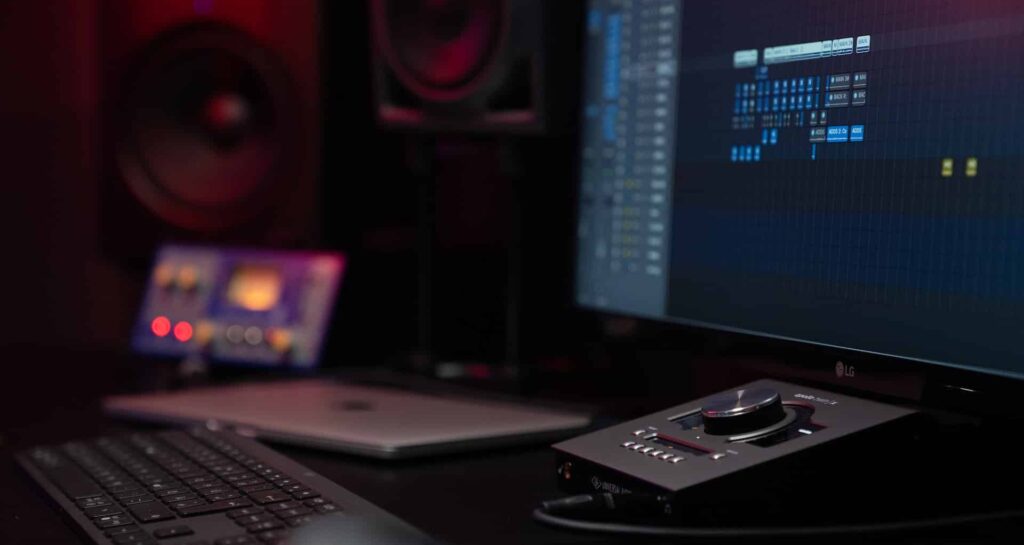Self-producing music has become increasingly popular in recent years, thanks to the affordability and accessibility of recording equipment and software.
While it can be an exciting and rewarding process, there are both benefits and drawbacks to consider before deciding whether to self-produce your music. Read on to find out more!
The Benefits and Drawbacks of Self-Producing Your Music
Let’s check out the pros and cons of producing your own music!
Benefits
Complete creative control: One of the most significant advantages of self-producing your music is the ability to maintain complete creative control over every aspect of the production process. You can experiment with different sounds, try out new ideas, and make decisions without having to compromise with anyone else.
Cost-effective: Self-producing your music can be significantly cheaper than hiring a professional producer or renting a recording studio. You can invest in the equipment you need at a pace that suits your budget, and you won’t have to worry about hourly rates or studio rental fees.
Flexibility: When you self-produce your music, you can work on your own schedule and take as much time as you need to perfect your tracks. There’s no pressure to rush the process or meet someone else’s deadlines.
Personal satisfaction: Self-producing your music can be an incredibly satisfying experience, especially if you’re passionate about the creative process. Seeing your ideas come to life and hearing the finished product can be immensely rewarding and fulfilling.
Drawbacks
Lack of objectivity: When you’re self-producing your music, it can be challenging to maintain objectivity about the quality of your work. Without an outside perspective, it’s easy to overlook flaws or make decisions that may not be in the best interest of the song.
Technical limitations: While modern recording equipment and software have come a long way, there are still limitations to what you can achieve on your own. Professional producers often have access to higher-quality equipment and may be better equipped to handle technical challenges.
Time-consuming: Self-producing your music can be a time-consuming process, particularly if you’re just starting and still learning the ins and outs of recording and production. It can be easy to get bogged down in the details and lose sight of the bigger picture.
Limited resources: Without the backing of a record label or professional producer, you may have limited resources to promote your music and reach a wider audience. Building a following can be a challenging and time-consuming process, and you may have to rely on your own social media and networking skills to get your music out there.
Final Thoughts
Self-producing your music can be a fulfilling and cost-effective way to create music that’s entirely your own. However, it’s essential to consider both the benefits and drawbacks before diving in.
Ultimately, the decision to self-produce should be based on your skills, resources, and personal preferences. With careful planning and dedication, self-producing your music can be a viable option for many aspiring musicians.

